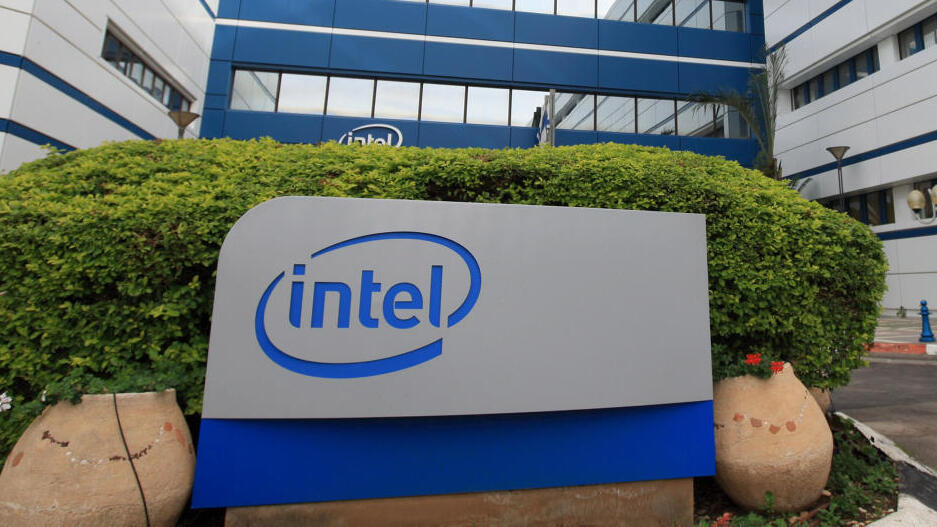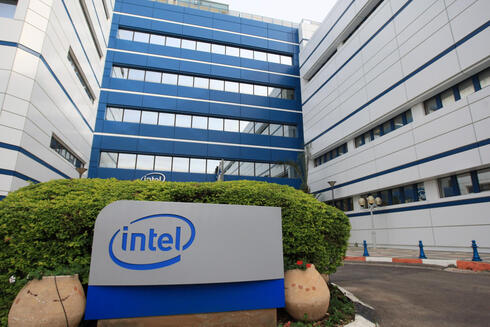
Intel’s Israeli workforce hits decade low as more layoffs loom
Company downplays 20,000-job cut report but offers no specifics on regional impact.
Intel’s workforce in Israel has dropped to its lowest point in over a decade, underscoring the mounting pressures facing the U.S. chipmaker as it undergoes a sweeping restructuring.
Intel says upcoming layoffs will be less than 20,000—but early retirement won’t be an option
Inside the Intel reckoning: layoffs, leadership, and the long road back to relevance
As of 2025, the company employs 9,350 people in Israel—down from 10,800 in 2023, 11,700 in 2022, and 12,000 in 2021. The last time Intel’s headcount in the country fell this low was in 2013, when it stood at 9,000. And the decline is likely not over as further layoffs are expected later this year.
The reduction comes as Intel implements a broad cost-cutting program and reorganizes internally amid intensifying competition, geopolitical strain, and years of strategic drift.
In an all-hands meeting last Friday, Chief Financial Officer David Zinsner sought to downplay recent reports suggesting more than 20,000 job cuts were imminent. He called the figure inaccurate but acknowledged that the total number of layoffs has yet to be finalized.
Executives said each division will evaluate its own needs and structure, with some staff offered buyouts. But unlike previous years, early retirement packages will not be part of the plan.
Intel currently employs around 109,000 people globally. The company has not said how many of those jobs will be cut, nor which regions or departments will be most affected. The lack of specifics has left employees around the world—and particularly in Israel—in limbo.
The Israeli decline is particularly striking. Once a key pillar of Intel’s global innovation engine, the country now finds itself facing diminishing investment just as the company’s global strategy shifts under new CEO Lip-Bu Tan.
Tan, who took over six weeks ago, has pledged to “return Intel to its engineering roots,” laying out a sweeping overhaul plan in a 1,200-word letter sent to employees last week. He vowed to slash operating expenses to $17 billion this year, and to $16 billion by 2026. Capital expenditures will also fall by $2 billion this year.
Related articles:
Intel has played a central role in Israel’s tech ecosystem for decades, operating multiple development centers and a large-scale fabrication plant in Kiryat Gat. But with headcount now below 2013 levels, questions are mounting over whether Intel’s strategic focus is shifting elsewhere.
In his message to staff, Tan acknowledged the cultural rigidity and slow decision-making that have plagued the company in recent years. “We are seen as too slow, too complex and too set in our ways,” he wrote.
Change, however, remains largely undefined. Employees still don’t know which jobs will be cut, which locations will bear the brunt, or whether Intel will follow through on hints that it may try to rehire past employees.
For Intel Israel—a once-prized jewel in the company’s global portfolio—the uncertainty looms large.
